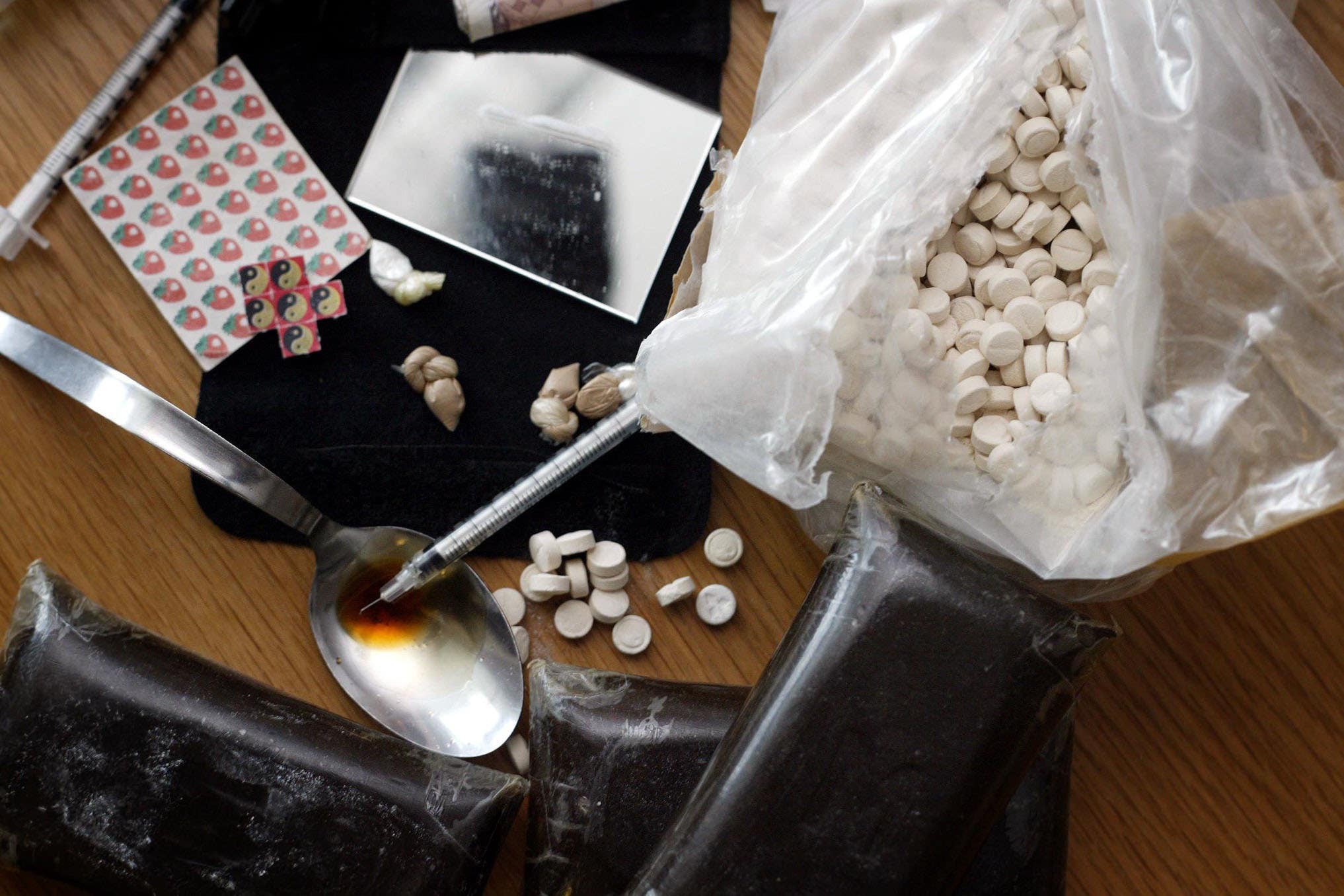Scottish drugs minister calls for urgent meeting with UK Government
Changes to drug legislation could apply to Scotland, a Home Office paper published in July said.

Your support helps us to tell the story
From reproductive rights to climate change to Big Tech, The Independent is on the ground when the story is developing. Whether it's investigating the financials of Elon Musk's pro-Trump PAC or producing our latest documentary, 'The A Word', which shines a light on the American women fighting for reproductive rights, we know how important it is to parse out the facts from the messaging.
At such a critical moment in US history, we need reporters on the ground. Your donation allows us to keep sending journalists to speak to both sides of the story.
The Independent is trusted by Americans across the entire political spectrum. And unlike many other quality news outlets, we choose not to lock Americans out of our reporting and analysis with paywalls. We believe quality journalism should be available to everyone, paid for by those who can afford it.
Your support makes all the difference.Scotland’s drugs minister has called for an urgent meeting with her UK Government counterpart to discuss the implication of changes to drugs legislation that could have an impact north of the border.
This year, the Home Office announced plans to toughen up rules around drug possession with a new, three-tier system of interventions – the most strict of which could see offenders have their passports or driving licences taken away.
In a 56-page report released in July, the Home Office said two of the three tiers – the most and least stringent – could apply to Scotland and Northern Ireland.
The legal system in Scotland, including policing and the courts, is devolved, but parts of the Misuse of Drugs Act remain reserved to Westminster.
In a letter to UK crime minister Jeremy Quin on Friday, Angela Constance voiced her concerns at the proposed changes and the impacts they could have on the human rights of drug users.
“The paper sets out that some proposals, including the most punitive, may apply in Scotland,” she wrote.
“I received a reply on the August 25 2022 claiming that these measures are a step towards changing the damaging culture of drug use.
“I disagree and, instead, feel that these measures are contradictory to the human rights-based, public health approach that the Scottish Government is implementing, and could undermine aspects of our national mission to improve and save lives.
“I have previously outlined that these proposals, in particular, the confiscation of passports or drivers’ licences, raise significant concerns on civil liberties and human rights grounds.”
Given the devolved nature of Scotland’s legal system, Ms Constance continued, the proposals and their potential reach north “may prove unworkable” as she urged discussions between the Home Office, Police Scotland and the Crown Office, as well as the Scottish Government.
“I must reiterate my opposition to any decision that requires Scotland to implement these measures and would highlight the significant risks inherent in this approach,” she wrote.
Ms Constance, who has regularly pushed the UK Government on the use of safe consumption facilities in Scotland as a way to ease the drug death problem in the country, also pushed Mr Quin for a meeting ahead of the regular inter-governmental drug forum due to take place on November 1.
“The next UK drugs ministerial meeting is scheduled for November 1 and I look forward to meeting with you then,” she wrote.
“I would, however, very much welcome an opportunity to meet with you in advance of that date to talk through the approach we are taking and to discuss what we can do collectively to respond to this public health emergency.”
A Home Office spokeswoman said: “Drugs ruin lives and devastate communities which is why the Government is committed to tackling both the supply and demand for drugs, as set out in the 10-year drug strategy.
“The recent white paper on new consequences for drug possession sets out our approach to tackling demand and we have welcomed views on this. The public consultation closed this week and responses are being carefully considered.”